Guiding Tomorrow's Social Work Leaders
Explore the profiles of UConn’s School of Social Work (SSW) faculty members who drive the Master of Social Work (MSW) online graduate degree program. Committed to academic excellence and real-world expertise, our faculty prepares students to counsel, lead with purpose, and effect positive change within the social work landscape.
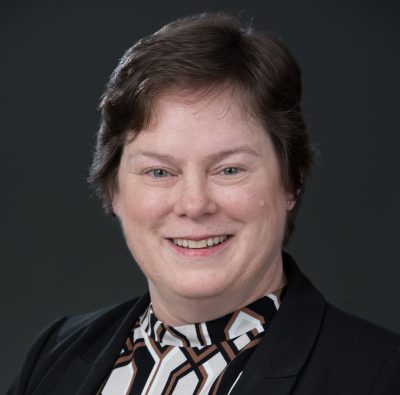
S. Megan Berthold, Ph.D., LCSW
Faculty Bio
S. Megan Berthold, Ph.D., LCSW, is a Professor at UConn School of Social Work. Megan teaches clinical and research courses and is a faculty member of the Individual, Group, and Family Concentration. Areas of specialization include: torture, war and other traumas; posttraumatic stress reactions; mental health; refugees, asylum seekers and immigrants; cross-cultural clinical work; international social work; human rights and social justice.
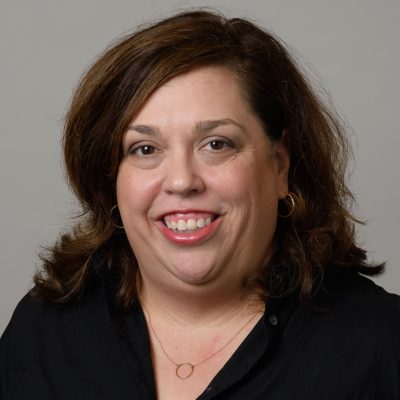
Kelsi Carolan, Ph.D.
Faculty Bio
Dr. Kelsi Carolan, Assistant Professor, is a licensed clinical social worker. She completed her PhD at the Boston University School of Social Work and received a Master of Social Work degree from Boston College. Her research investigates how systemic inequities degrade quality of life in the context of chronic disease and disability, with a particular interest in access to employment, social support, and disability-related stigma and discrimination.
As a medical social worker, Dr. Carolan saw firsthand how the social determinants of health shape individual and family experiences within and beyond medical settings. These experiences engendered a drive to pursue social justice through research and teaching that advances health equity and disability inclusion. A qualitative and mixed methods researcher, she values participatory approaches to research that position the expertise of community members at the forefront. Dr. Carolan teaches in the Individuals, Groups, and Families concentration.
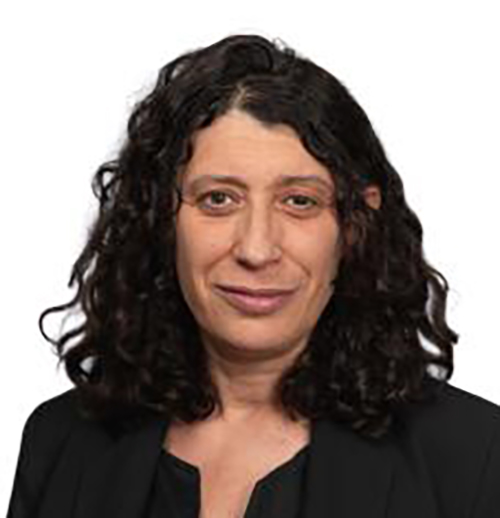
Laura Curran, Ph.D.
Faculty Bio
Dr. Laura Curran is dean and professor at the UConn SSW. Curran's scholarship focuses on social work and social welfare history, particularly the history of social work interventions with low-income families and children; women’s perinatal health and well-being; and social work education. She has an extensive record of peer-reviewed publications and her work has received funding from the New Jersey Department of Health, the New York Community Trust, and the Association of Social Work Boards, among other entities. Curran earned her B.A. from Barnard College, an MSW from Columbia University, and her Ph.D. from UC Berkeley School of Social Welfare. Dr. Curran was previously at Rutgers University-New Brunswick where she served as the Vice Provost for Faculty Affairs and Senior Associate Dean of Academic Affairs at the Rutgers University School of Social Work. She is currently an elected member of the Board of Directors of the Council of Social Work Education.
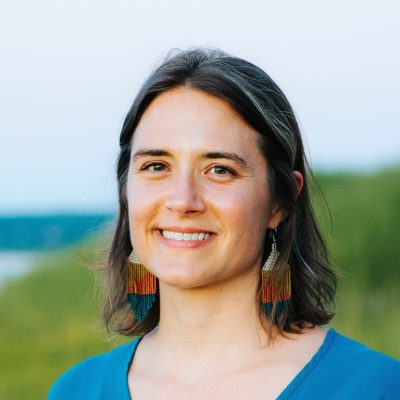
Caitlin Elsaesser, Ph.D.
Faculty Bio
Dr. Caitlin Elsaesser is an Associate Professor at the University of Connecticut School of Social Work. She is a licensed clinical social worker and completed her MSW and Ph.D. from the University of Chicago School of Social Service Administration. The overarching goal of Dr. Elsaesser’s work is to partner with youth and communities to create health promotion efforts that are empowering and accessible. Dr. Elsaesser’s work is guided by critical race and feminist theories. With an understanding that those with lived experience hold key expertise in health, her work draws on community-based participatory methodology. Her career as a researcher is built on a decade of direct experience working with adolescents and families in Chicago, first as a high school teacher and later as a social worker.
Caitlin is currently the Principal Investigator of a CDC-funded K01 Mentored Research Scientist Development Award. Working in partnership with Hartford violence prevention agencies as well as youth co-researchers, this project will design the core components of health supports for youth to navigate social media conflict implicated in offline violence. The work builds on Caitlin’s past community-partnered research focused on cyberbanging, an emerging form of youth violence occurring on social media, also implicated in other forms of youth violence. In partnership with a Hartford-based youth development agency, she developed a measure of cyberbanging, critical to understanding the connection between cyberbanging and youth violence, as well as to identifying mechanisms for intervention.
A mindfulness practitioner since 2014, one of Caitlin’s core interests is melding contemplative practice and social justice. Caitlin is currently a mindfulness teacher-in-training through the Teacher Training Program at iBme. Caitlin is the mother of two young children. Her perspective as a mother and mindfulness practitioner inform all parts of her work.
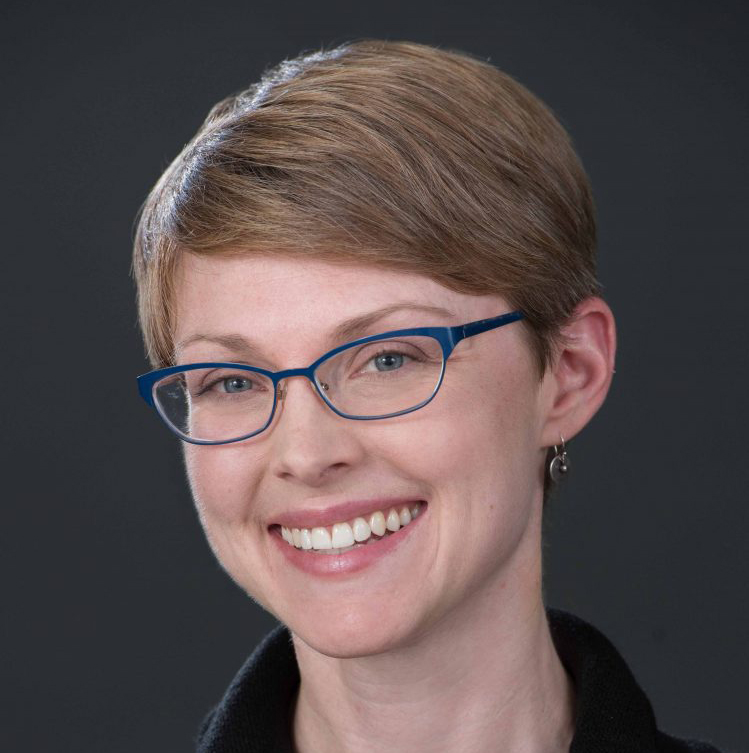
Megan Feely, Ph.D.
Faculty Bio
Megan Feely, Ph.D. is an Associate Professor of Community Organizing. She teaches Program Planning, Development and Evaluation and Advanced Macro Practice. Her areas of specialization are child maltreatment prevention and child welfare system programs and services.
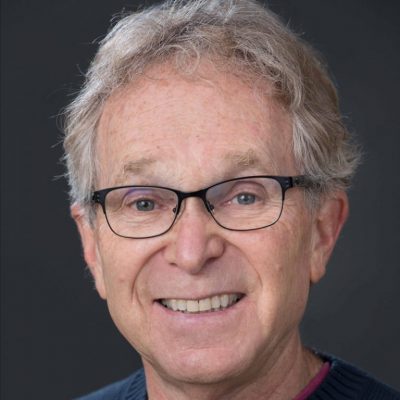
Robert Fisher, Ph.D.
Faculty Bio
Robert Fisher, PhD, is a Professor and Chair of Community Organizing. He teaches courses in community organizing, critical macro theory, and social welfare history at both the PhD and MSW levels. He is the author, co-author, and editor/co-editor of seven books in these fields as well as the recipient of three Fulbright-Hays Scholar awards.
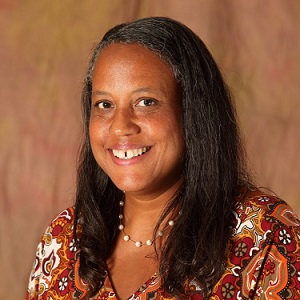
Ann Marie Garran, Ph.D., MSW, LCSW
Faculty Bio
Coming soon
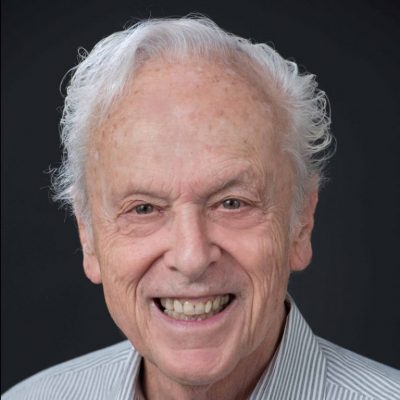
Alex Gitterman, Ed.D.
Faculty Bio
Alex Gitterman, Ed.D., is a Professor with a national reputation in the field derived from his many publications and presentations on social work practice in areas such as the life model, vulnerability and resilience, mutual aid, social work education and supervision. His areas of specialization include health and mental health, social work practice, and group work. Alex teaches courses in the Individuals, Families & Groups concentration, micro foundation method, and comparative social work practice. Alex also teaches courses in the doctoral program.
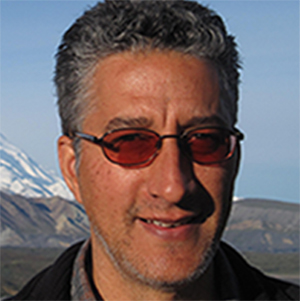
Scott Harding, Ph.D.
Faculty Bio
Scott Harding, Ph.D., is Interim Associate Dean for Academic Affairs, Associate Professor and Co-Director of the PhD Program. He teaches in the BSW, MSW, and PhD programs, including courses on social welfare policy, macro practice, and an elective on War, Militarism, Peace, and Social Work. He is co-author of Breaking the War Habit: The Debate over Militarism in American Education (University of Georgia Press, 2022), Counter-Recruitment and the Campaign to Demilitarize Public Schools (Palgrave McMillan, 2017), and Human-Rights Based Approaches to Community Practice in the United States (Springer, 2015). He is a Board Member of Integrated Refugee and Immigrant Services (IRIS).
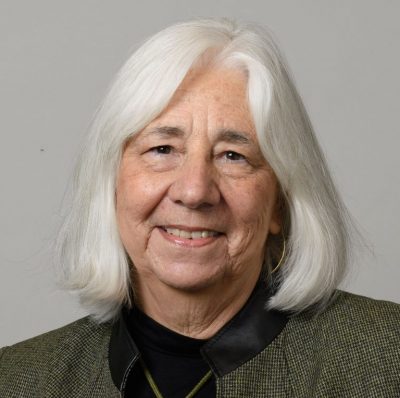
Nina Rovinelli Heller, Ph.D.
Faculty Bio
Dr. Heller is Professor at the University of Connecticut School of Social Work. She previously served as SSW Dean and Director and Co-Director of the Doctoral Program. She teaches clinical and behavioral health theory and practice courses in the MSW Individuals, Groups and Families concentration, and pedagogy and clinical theories in the doctoral program. Her research and scholarship are in the areas of suicide and suicide prevention, social work theory, integrative approaches to practice, and mental health. She is co-editor and author of several books Enhancing Psychodynamic Theories with Cognitive Behavioral Theory (1998); Social Work and Social Problems: A Mental Health Perspective (2010); and Beyond the Risk Paradigm in Mental Health Policy and Practice. She served as a consultant to the State of Connecticut Suicide Advisory Board, leading the development of the state suicide prevention plan and has served on several related statewide committees. Dr. Heller has worked closely with the CT Department of Children and Families, Office of Early Childhood, and Department of Mental Health and Addiction Services to establish and develop robust research and clinical partnerships. She was a member of the National Action Alliance for Suicide Prevention Taskforce on Clinical Workforce Preparedness and is trained by the American Association of Suicidology as a psychological autopsy investigator. In 2019, Dr. Heller conducted forensic evaluation for asylum seekers on a social work/legal team at Berks Family Residential Center and York County Prison, Pennsylvania. She was a Co-PI on a three-year SAMHSA clinical training grant Transitioning Youth at Risk, a collaborative effort between the UConn SSW and the CT Department of Mental Health and Addiction Services and as PI on the CT State Department of Social Services Grant. Dr. Heller was a member of the Nominating Committee of the National Association of Deans and Directors of schools of social work.
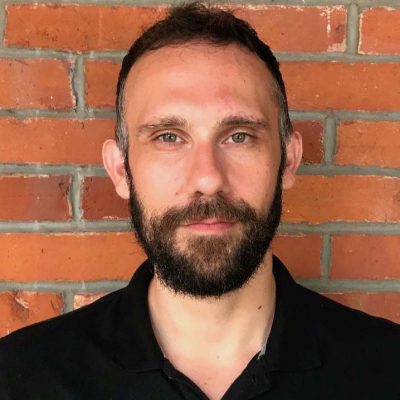
Gio Iacono, PhD
Faculty Bio
Gio Iacono, PhD is an Assistant Professor in the School of Social Work. His areas of practice and research specialization are LGBTQ+ youth mental health, youth resilience, promoting diversity and inclusion within social work education, and mindfulness-based treatment approaches. Dr. Iacono primarily focuses on intervention and community-based participatory research.
Dr. Iacono has worked as a psychotherapist, clinical social worker, educator, community organizer, and researcher in a variety of health and community-based settings. His community development work has been focused on promoting the mental and sexual health of diverse and marginalized communities. Gio has also been a mindfulness meditation practitioner for many years, and integrates mindfulness in his work as an educator, researcher and clinician.
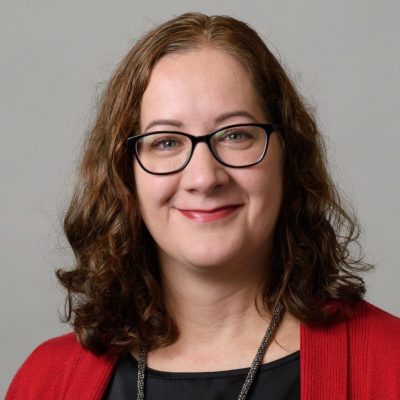
Joy Learman, PhD
Faculty Bio
Joy Learman, Ph.D., is an Assistant Professor in Residence at the School of Social Work. She finished her doctoral studies at The University of Texas at Austin where her research explored the role of gender-based violence and inequality on women’s sexual and reproductive health. Joy is passionate about teaching social work students and her teaching is heavily informed by her professional experience in program planning, management, and development for non-profit organizations. Joy has taught a wide range of courses on topics including social justice, research, policy, human behavior, family violence, and ecofeminism.
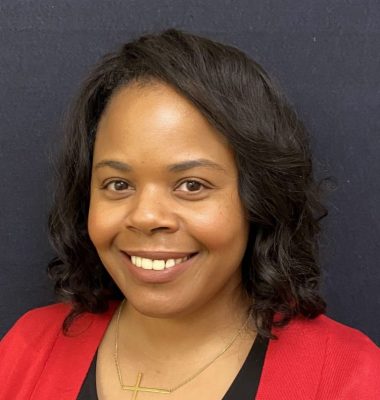
Regina Lester-Harriat, LMSW
Faculty Bio
Regina Lester-Harriat, LMSW is an assistant professor-in-residence. She is a 2008 graduate of the UConn School of Social Work and a long-standing field instructor for the School. While a student, Regina studied casework with a focus on women and children in families. She is a former school social worker with nearly two decades of experience working in public, charter and independent school systems. She teaches courses in the Individuals, Families and Groups (IGFP) concentration as well as the Direct Practice in Schools course.
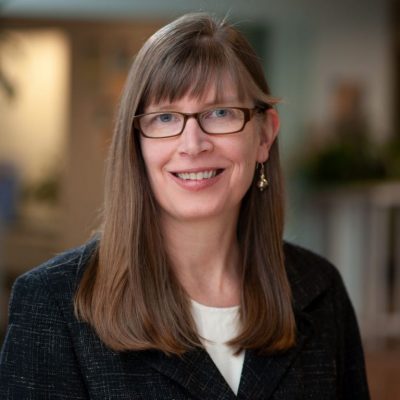
Kathryn Libal, Ph.D.
Faculty Bio
Kathryn Libal, Ph.D., is an Associate Professor of Social Work and Human Rights and Director of the Human Rights Institute at the University of Connecticut. Since 2007, she has taught at the School of Social Work and Human Rights Institute, specializing in human rights, refugee resettlement, and social welfare. Her scholarship has focused on the Middle East and United States. Libal has published on women’s and children’s rights movements in Turkey and on the advocacy of international non-governmental organizations on behalf of Iraqi refugees. Current scholarship examines: 1) the localization of human rights norms and practices in the United States, with a focus on social mobilization for the right to adequate food and housing; and 2) the politics and practices of voluntarism and refugee resettlement in the United States. The latter project is in collaboration with social work faculty Scott Harding and S. Megan Berthold, as well as several doctoral students. The team is examining how voluntarism in an era of xenophobia and backlash creates new forms of civic connection and political participation among volunteers, social service providers, and refugees.
Libal serves on the editorial board of the Journal of Human Rights and Social Work and is the University of Connecticut’s liaison with the Scholars at Risk Program. She also serves on the Executive Committee of the Consortium of Higher Education Centers for Holocaust, Genocide, and Human Rights Studies. She teaches courses on human rights and social work, qualitative research methods, social policy analysis, and approaches to human rights advocacy at the BA, MA, MSW, and PhD levels.
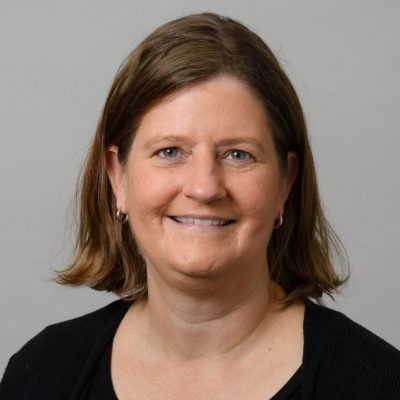
Jennifer Manuel, Ph.D.
Faculty Bio
Jennifer I. Manuel is an associate professor and the Associate Dean for Research at the UConn School of Social Work. She earned her MSW and Ph.D. from Columbia University School of Social Work, where she was funded by a NIMH T32 pre-doctoral fellowship. Dr. Manuel completed postdoctoral work at the New York State Psychiatric Institute and Columbia University Department of Psychiatry, where she led a statewide initiative to develop, implement, and evaluate a model for transitioning clients from assertive community treatment to less intensive services. Dr. Manuel is a services and intervention researcher using quantitative and mixed method approaches. Her research broadly addresses health disparities and poor access to and transitions in care among youth, young adults and adults with substance use, mental health, and other critical needs (housing, employment, health, trauma). Most recently, she completed a NIDA-funded pilot study of Critical Time Intervention versus enhanced discharged services to reduce the risk of relapse and homelessness among individuals leaving long-term residential substance use treatment. Dr. Manuel’s current work focuses on implementation research to optimize the delivery of evidence-based interventions for multiple contexts in community practice.
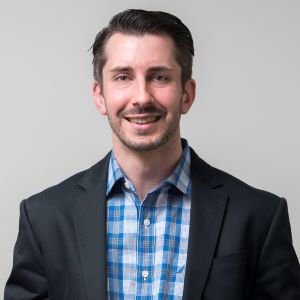
Nathanael J. Okpych, Ph.D.
Faculty Bio
Nathanael J. Okpych, PhD, joined the School of Social Work in 2017. He completed a Ph.D. in social service administration and an M.S. in biostatistics and epidemiology (both University of Chicago), as well as master’s degrees in social work (Rutgers) and clinical psychology (Duquesne). Dr. Okpych’s professional experience includes providing mental health services to youth in residential, school, and community settings, as well as working for several years in college residence life.
His professional experience in social services and higher education dovetail to inform his research on factors that influence postsecondary education outcomes for youth with experience in foster care. His work focuses on youth characteristics (e.g., social networks and social support), policies, and programs that promote postsecondary education entry and completion. Dr. Okpych has published widely in this area, including a 2021 book titled Climbing a Broken Ladder: Contributors of College Success for Youth in Foster Care (Rutgers University Press, 2021). Most of Dr. Okpych’s work involves using quantitative methods to analyze administrative data and survey data, but he is also involved in mixed methods studies that draw on the experiences of young people who were involved in foster care.
Learn more about Dr. Okpych’s work at his website: https://www.nateokpych.com/

Meg Paceley, Ph.D.
Faculty Bio
Dr. Meg Paceley (they/them) is a social worker and scholar engaged in research that examines factors in the social environment (e.g. families, communities) and broader systems (e.g. policies, societal rhetoric) and their relationship to queer and trans (QT) youth’s mental and physical health. They aim to identify and evaluate macro strategies (e.g. community organizing & activism, policy advocacy, education) to confront stigma, discrimination, and victimization that contribute to mental and physical health disparities among QT youth. With the goal of promoting social justice for QT youth, Dr. Paceley embeds their research in principles of anti-oppressive practice and theoretical frameworks such as social-ecological systems theory, minority stress theory, and critical theories. Their scholarship is rooted in more than five years of social work practice experience developing, leading, and evaluating a QT community-based organization; engaging in community organizing and advocacy to promote QT equity; and direct practice experience with QT youth.
Dr. Paceley also utilizes scholarship to impact the justice and equity missions of the social work profession by examining and evaluating how social work education can be more social justice-driven. Their work in this area has primarily focused on trans-inclusion in social work education, as well as broader themes of racial and social justice and trauma informed pedagogies.
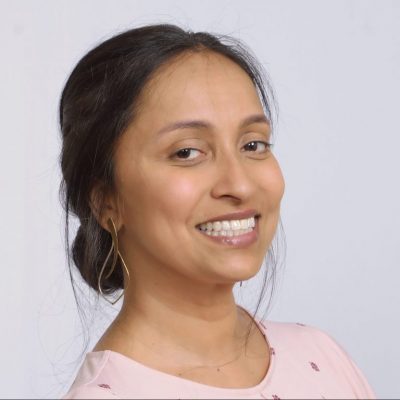
Rupal Parekh, PhD
Faculty Bio
Rupal Parekh, PhD is an Assistant Professor. She has over a decade of professional and practice experience working with diverse older adult populations across the continuum of care. Her primary research aim is to improve outcomes for late-life immigrants, with particular attention to the role of the built environment on social isolation. Her research advocates for the development of culturally-grounded assessment tools, evidence-based practices, and national and state legislation to address the needs of older adults at the intersection of social isolation, multiple health issues, and structural and social barriers. Rupal is the Principle Investigator of “Sahanshakti & Mental Well-Being in the Lives of Older Asian Indian Immigrant Women in the United States,” funded by the Okura Mental Health Leadership Foundation Grant and the Council of Social Work Education (CSWE) and “Barriers to Transportation and the Impact on Quality of Life Among Non-English Speaking, Older Asian Indian Immigrant Populations” funded by The National Institute for Transportation and Communities. Dr. Parekh teaches courses in research methods and social policy.
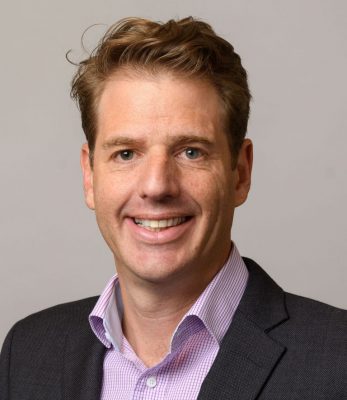
Jon Phillips, PhD
Faculty Bio
Jon Phillips is an Assistant Professor. He is a licensed social worker with extensive practice experience working with children, adolescents, and families involved with the child welfare system. His research aims to further our understanding of effective interprofessional and interagency collaboration in the child welfare system, and to enhance collaboration in the system as a means of improving child and family well-being. He teaches in the Individuals, Groups, and Families concentration.
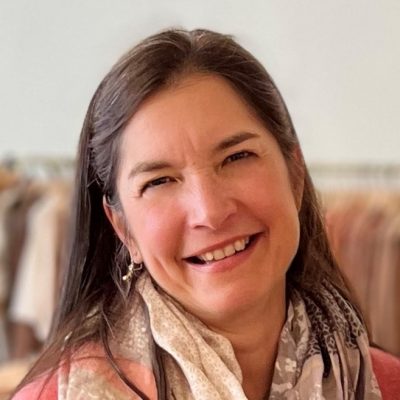
Lisa Werkmeister Rozas, Ph.D., MA, LCSW
Faculty Bio
Lisa Werkmeister Rozas, Ph.D., MA, LCSW, is a professor, director of the BSW program, member of the Puerto Rican/Latin@ Studies Project, and chair of the Human Oppression Curriculum Unit at the University of Connecticut School of Social Work. Her research and scholarship are focused on shifting how people think about the social world in order to impact practice and action that leads to social justice. Her interests include the use of intersectionality and coloniality of power to frame the various social forces that perpetuate and maintain oppression. She utilizes intergroup dialogue, critical realism, and critical consciousness development as a means to engage individuals and groups in advocacy and activism. Similarly, her teaching and consulting interests are focused around issues of oppression, power, privilege, implicit bias, intersectionality, culture, social identity and stigma. In the MSW program, she currently teaches the human oppression, health disparities, and Holocaust travel study courses; as well as two advanced-level courses in individuals, groups, and families. In the BSW program she teaches the social justice and dialogue course. She is one of the co-authors of the third edition of “Racism in the United States: Implications for the Helping Professions.”
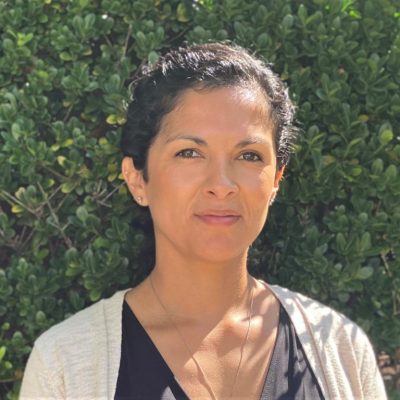
Lesly Sanchez-Villar, LMSW
Faculty Bio
Lesly Sanchez-Villar, LMSW, is an Assistant Professor in Residence. She graduated from the UConn School of Social Work in 2015 with a concentration in Administration, with a focused area in Puerto Rican and Latin@ Studies in Social Work. She has served as a field instructor for the school since 2017. Her experience includes direct practice with Individuals, Groups, and Families in home and in different community agencies serving the Latinx population. Lesly is fluent in Spanish and is now part of Connecticut ¡Adelante! Cohort where her goal is to support Spanish-speaking students to strengthen their clinical skills in Spanish. She teaches courses in the Individuals, Families and Groups (IGFP) concentration.
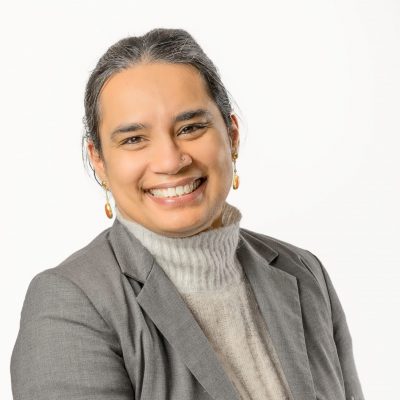
Dr. Sukhmani Singh, Ph.D.
Faculty Bio
Dr. Sukhmani Singh is an assistant professor at the School of Social Work and affiliate faculty member of the Center on Community Safety, Policing and Inequality at the School of Law, University of Connecticut. She is an applied developmental-community psychologist and completed her doctorate and post-doctorate at New York University.
Broadly, Dr. Singh’s research is anchored in intersectional and decolonial frameworks and her scholarship aims to advance systems change, particularly at the nexus of the juvenile legal and education systems. She is a mixed-methods researcher who deeply values and engages in critical participatory research as an important praxis that lifts the lived experiences of those most impacted (e.g., systems-impacted girls of color) by unjust systems to advance structural solutions to social injustice.
Currently, Dr. Singh is the Principal Investigator of a grant awarded by the Ms. Foundation for Women. Anchored in the “no research about us, without us” mantra, this project seeks to engage young women co-researchers directly impacted by the juvenile legal system to both create and disseminate policy-based recommendations to both juvenile and education systems to effectively serve the educational needs of systems-impacted youth.
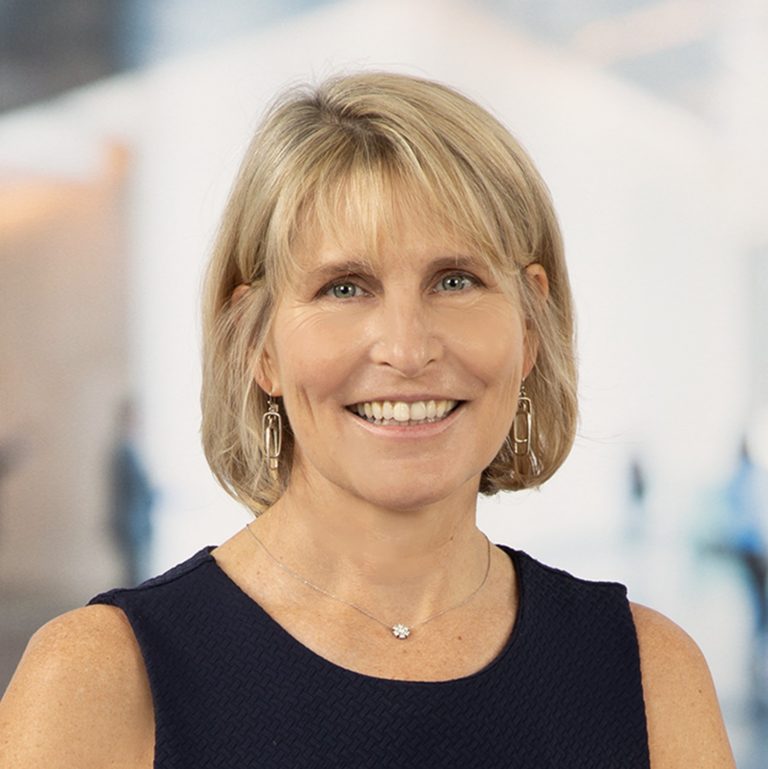
Tanya Rhodes Smith, MSW
Faculty Bio
Tanya Rhodes Smith, MSW is an Instructor in Residence at the School of Social Work. She teaches in the policy practice concentration in the areas of program planning and evaluation, political advocacy and political social work. Tanya is the Director of the Nancy A. Humphreys Institute for Political Social Work. Her areas of specialization include policy development, nonprofit administration, voter engagement and legislative advocacy.
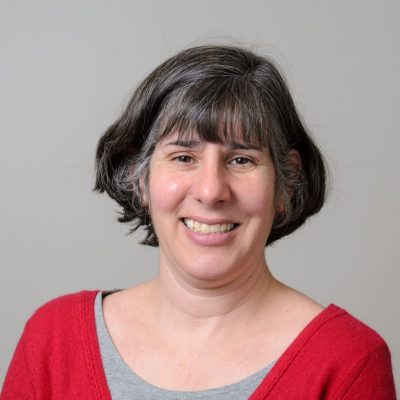
Ellen Smith, Ph.D.
Faculty Bio
Ellen Smith, Ph.D., is an Associate Professor in Residence at UConn School of Social Work. She is the co-chair of the Individuals, Groups, and Families concentration. Ellen teaches the Human Behavior in the Social Environment course, as well as advanced practice with individuals, groups, and families. She also provides academic and field advising to master’s level students.
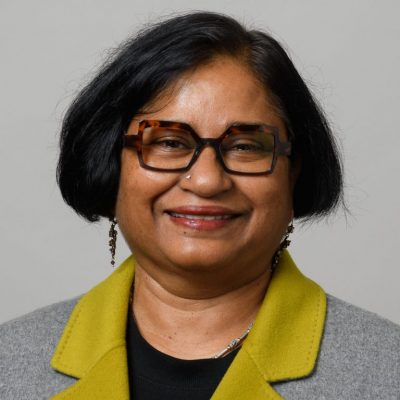
Rebecca L. Thomas, Ph.D.
Faculty Bio
Rebecca L. Thomas, Ph.D., is Professor at the University Of Connecticut (UConn) School of Social Work, and Director of the Center for International Social Work Studies. She Chairs the Policy Practice Concentration, as well as the focused area of International Social Work. She directs a joint academic program exchange between UConn and Yerevan State University in Armenia. Her current research and scholarship includes issues related to remittances, international development, poverty, and climate-induced migration.
Dr. Thomas is Chair of the Global Commission of the Council on Social Work Education, and represents the International Association of the Schools of Social Work on the NGO Committee on Migration at the United Nations. She serves on the City of Hartford Commission on Immigrant and Refugee Affairs.
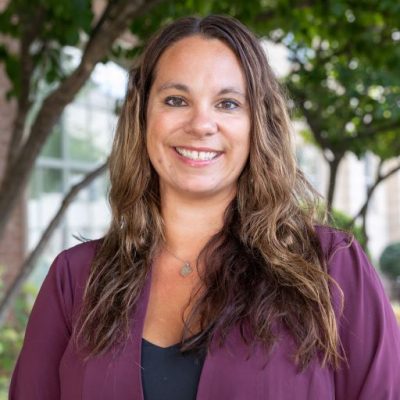
Cristina Wilson, Ph.D.
Faculty Bio
Cristina Wilson, Ph.D., (publishes as Mogro-Wilson) is a Professor and a faculty member in the Puerto Rican and Latin@ Studies Project.
Cristina is a recognized Latina scholar and expert in health disparities and cultural humility working with Latino families. Her research has made substantial contributions to improving the lives of Latino families by identifying modifiable factors associated with parenting and how culture influences parenting in Latino families. Cristina has added to the knowledge on what makes individuals and family units more effective at prevention of substance use, and what protects individuals and families that are at-risk or have high intensity needs. Cristina’s work informs culturally responsive practice and education regarding under-studied ethnic and racial minority populations. Her most recent work focuses on engaging Latino fathers in understanding how fatherhood is important, particularly during times of great stress and uncertainty. Cristina is interested in generating models for family-focused sustainable interventions for Latino families that include the needs of fathers. As a social worker, she is committed to focusing on individuals’ strengths, and empowering at-risk groups. Her work focuses on understanding the factors that promote resilience. She has centered her focus on strengthening Latino families, and in creating environments where children and youth can thrive.
In 2022, Cristina was named Editor-in-Chief of Families in Society: The Journal of Contemporary Social Services, a core journal in social work research for over 100 years. Launched in 1920, the journal built a knowledge base for the first systematized approaches to the practice of social work and has been stewarded over the years by the Alliance for Strong Families and Communities. Families in Society is published in partnership with SAGE Publishing.
Cristina teaches masters level courses in research methods and program evaluation and teaches in the doctoral program (Research Methods, Survey Methods, Multivariate Statistics I and II and Mixed Methods).
She is Co-PI on four federally funded five-year grants totaling over $20 million from the U.S. Department of Education (OSEP) and the Health Resources and Services Administration (HRSA) to train students at the MSW and Ph.D. levels to focus on children with disabilities, including autism spectrum disorder, with a particular emphasis on vulnerable and diverse populations. Each year the grants fund tuition and stipends for approximately six MSW and Ph.D. students who are trained to become professionals working to help serve the most vulnerable infants and young children in our state grounded in culturally responsive practice. Most recently she received an Equity Center grant that will focus on institutes of higher education that are training professionals who work with young children in special education to receive equitable services through policies focused on recruitment, retention, and training of diverse professionals and faculty.
![]()
Are you looking for UConn’s ON-CAMPUS MSW?
To learn more about UConn's on-campus MSW, please visit:
